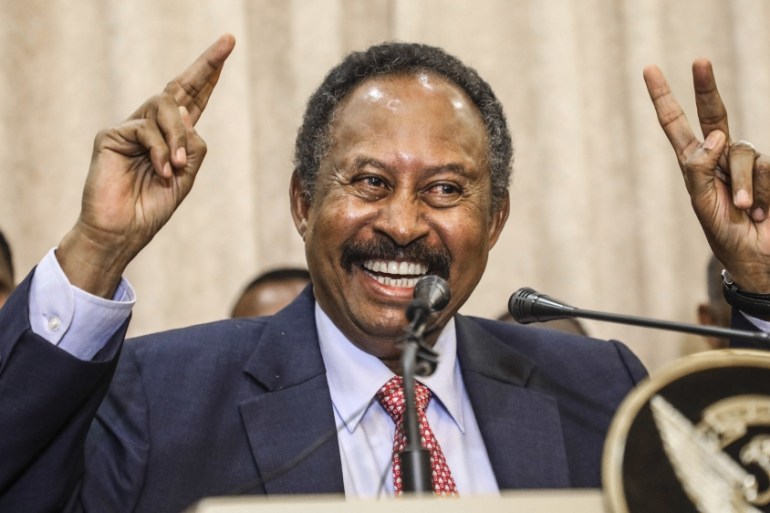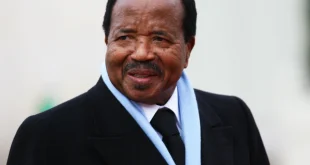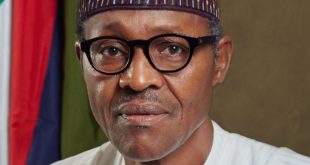Sudan’s Abdallah Hamdok stepped down as prime minister on Sunday after months of political turmoil in the country.
In a speech to the nation, Hamdok announced his expected resignation, telling the Sudanese that he decided to return them “the mission you had entrusted to me”.
He announced his resignation after the killing of three protesters in Khartoum by the security forces, after seeing his failure to prevent escalation and he has no control over the political developments in the country.
His resignation confirms the death of his 21st November political agreement with the Commander-in-Chief of the Sudanese Army Abdel Fattah al-Burhan.
The former prime minister admitted his failure to bring the political forces to agree on a political declaration enabling him to form a government of technocrats as it was agreed in the framework agreement with al-Burhan.
“I have tried as much as I can to avoid our country from the danger of slipping into disaster,” he said.
He added that he spoke with all the components of the transition about the historical responsibility they have to bear.
Also, he underscored that “the people are the ultimate sovereign authority” and the armed forces have to comply with their will.
For several days it was clear that Hamdok would resign as he realized the popular rejection of his deal with Burhan and that he did not get the support of the Forces for Freedom and Change.

The other sticky point for him was that he considered the formation of a government of technocrats without the ministers of the armed groups. But, the latter rejected the idea of abandoning their positions.
Also, it becomes clear for him that the coup leaders have no intention to commit themselves to the agreement signed with him as they continue to arrest activists and use brutal violence to disperse the protests.
A spokesman for the Sudanese Congress Party (SCoP) Nur-Eldin Babiki said that with Hamdok resignation the military have lost their last card to induce international recognition and popular support.
“Things are now clear. So, this facilitates the unification of all political forces to bring down the military,” he said.
Some 57 protesters were killed as a result of the bloody crackdown on the anti-coup protests including 15 people after the Burhan-Hamdok deal.
In response to Hamdok’s resignation, the U.S. State Department called on the Sudanese to reach a consensus to ensure continued civilian rule.
“Sudan’s next PM and cabinet should be appointed in line with the constitutional declaration to meet the people’s goals of freedom, peace, and justice,” said the Bureau of African Affairs at the State Department in a tweet posted after the announcement of the resignation.
Also, the State Department reiterated the U.S. continued support to the Sudanese people in their demand for democracy and urged to stop violence against protestors.
We Will Love You To Join Our Over 180k Members Instagram Family With Just One Click @gharticles
Source: GhArticles.com
 GhArticles.com Every News in Detail
GhArticles.com Every News in Detail



